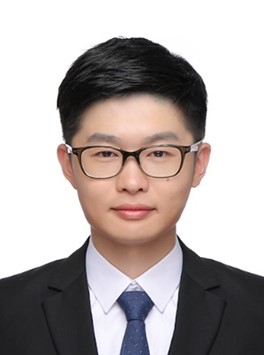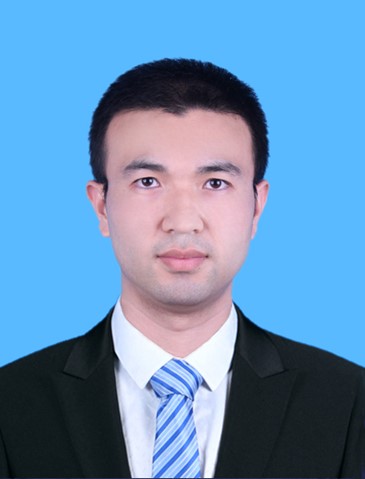- Advanced device modeling techniques of the RT and HIL simulations for power electronics systems
- Advanced simulation algorithms of the RT and HIL simulations for power electronics systems
- data collaboration techniques of the RT and HIL simulations for power electronics systems
- Accuracy evaluation and stability analysis methods of simulation data
- Combined application of RT and HIL simulations and big data techniques
- Combined application of RT and HIL simulations and artificial intelligence (AI) techniques
- Applications of RT and HIL simulation in different power electronics fields
- Advancements and analysis of RT and HIL simulations of power electronics systems
- Other technologies related to the power electronics system simulation
Session Title: Real-Time and Hardware-In-The-Loop Simulations for Power Electronics in Distributed Generation Systems
The real-time (RT) and hardware-in-the-loop (HIL) simulation techniques of power electronic systems are effective tools for cognition, analysis, and debugging of the conversion function, system performances, and fault analysis. As the power electronic system in the distributed generation system becomes more and more complex and its switching frequency is higher and higher, the future-oriented RT and HIL simulation techniques need faster calculation speed, larger simulation scale, and higher simulation accuracy. However, due to the nonlinear problems caused by power electronic switches and the multi-time scale characteristics of power electronic systems, the RT and HIL simulation technologies for power electronics systems face many challenges in simulation algorithms, device modeling, data collaboration, platform construction, application analysis, etc. To tackle these issues, this special session will mainly focus on the following topics:
Special Session Organizers
Hao Bai
Northwestern Polytechnical University, China
Hao Bai (S'18-M’20) received the bachelor’s and master’s degree in electrical engineering from Northwestern Polytechnical University, Xi’an, China, in 2013 and 2016. He received the Ph.D. degree in electrical engineering from the University of Technology of Belfort-Montbeliard (UTBM), Belfort, France, in 2019. From 2019 to 2020, he was a postdoctoral researcher in French national CNRS research institute FEMTO-ST. Since 2020, he is an associate professor with Northwestern Polytechnical University, Xi’an, China. His main research interests include multi-domain modeling, real-time simulation, and health management of electrical systems.

Jin Xu
Shanghai Jiao Tong University, China
Jin Xu (SM’09) received the B.S. degree in electrical engineering from Sichuan University, Chengdu, China, in 2013, and the Ph.D. degree from Shanghai Jiao Tong University, Shanghai, China, in 2019. He is currently an assistant professor at Shanghai Jiao Tong University. His research interests include power system stability analysis, power electronic modeling, and real-time simulation.
Xu was the grantee of Postdoctoral Innovative Talents Support Program in 2019 from China Postdoctoral Science Foundation. His research on the probabilistic stability considering the correlation of wind power has been selected as the top 0.1% “Key Scientific Article” in renewable energy area by the Renewable Energy Global Innovations Selection Team in 2017. He is also the standing director of IEEE PES Intelligent Grid & Emerging Technologies Satellite Council – China, the guest editor of IET Renewable Power Generation (Special Issue), and the working group members of IEEE P2800 Standard, etc.

Yangbin Zeng
Tsinghua University, China
Yangbin Zeng (S’16, M’21) received the B.E. degree in Building Electrical and Intelligent from Xiangtan University, Xiangtan, China, in 2015, the Ph.D. degree in Electrical Engineering from Beijing Jiaotong University, Beijing, China, in 2021. He is working as a postdoctoral researcher in the Department of Electrical Engineering, Tsinghua University, Beijing, China, since 2021. His current research interests include real-time simulations, power routers, and soft-switching techniques. He is a chair of the student branch of the IEEE Industrial Electronics Society Beijing Chapter. He received IEEE International Future Energy Challenge “Innovation Award” Prize in 2018.
Copyright © The 2023 IEEE 14th International Symposium on Power Electronics for Distributed Generation Systems (PEDG 2023)
